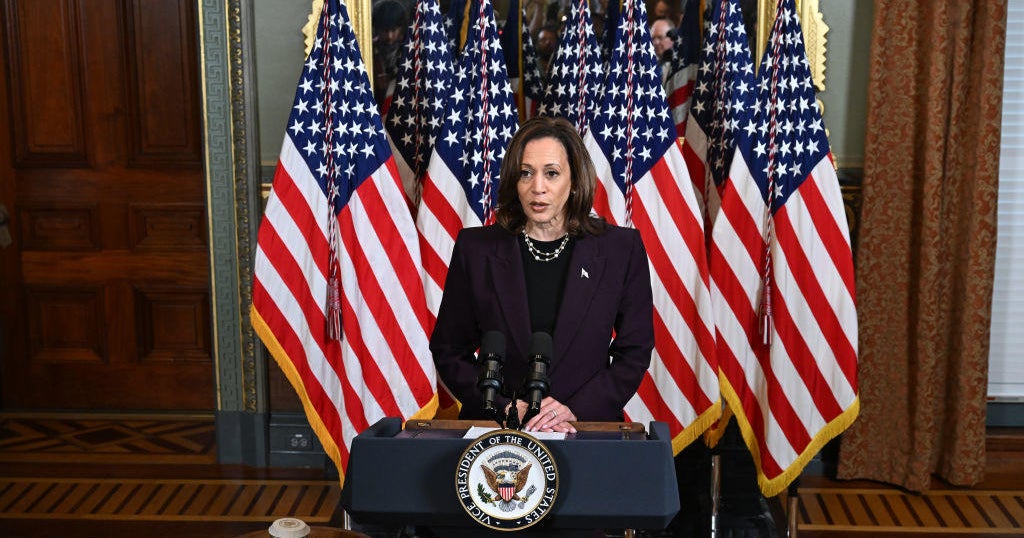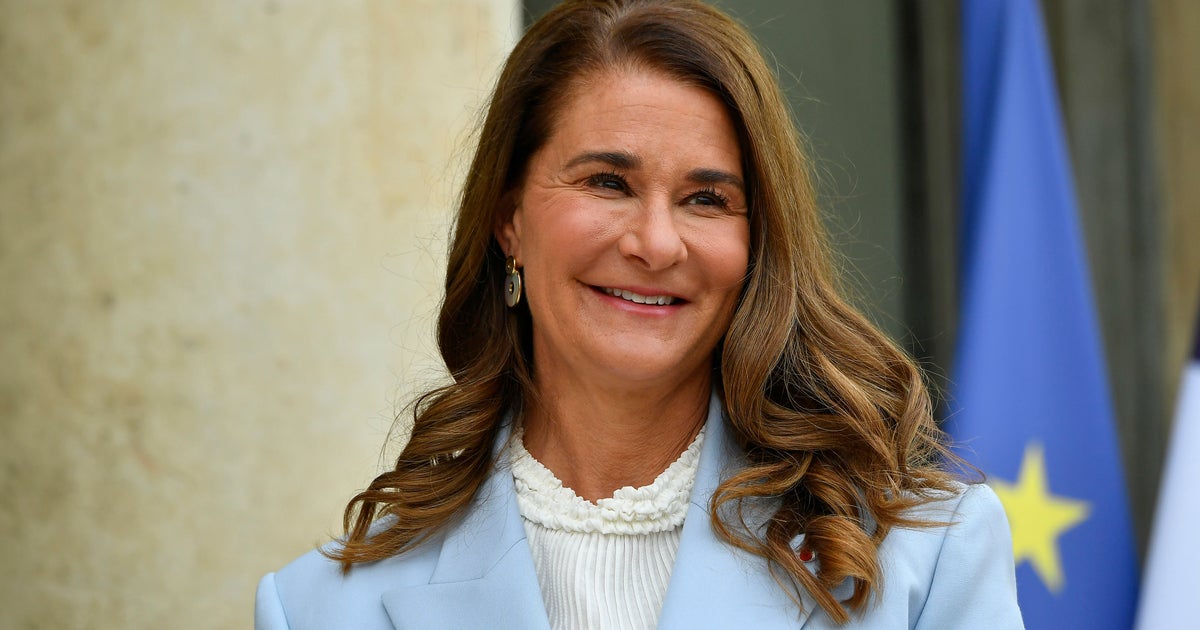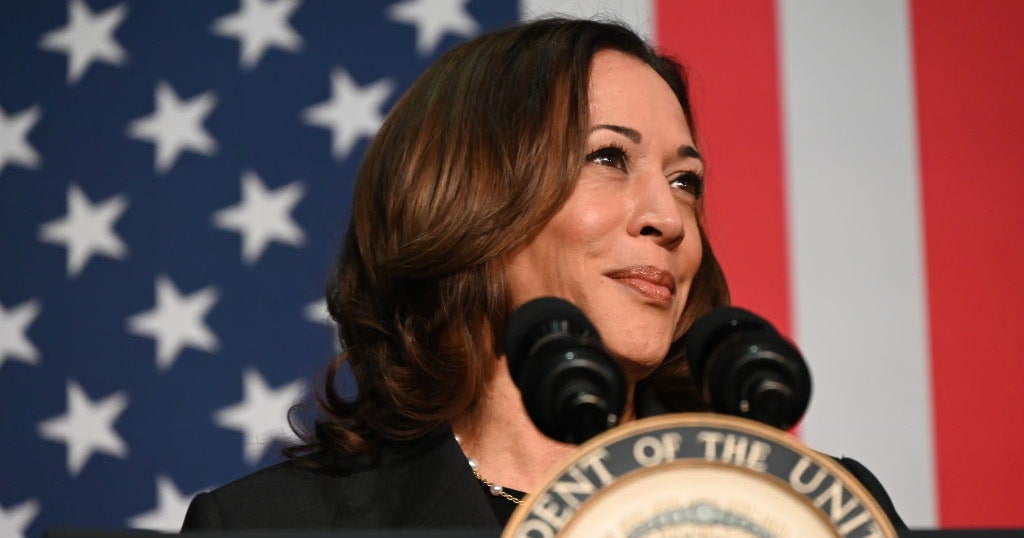Medicare for All emerges as first litmus test for 2020 Democratic contenders
On Monday, Democratic presidential hopeful Sen. Kamala Harris expressed her support for eliminating private health insurance under a Medicare for All system, provoking a flurry of criticism from Republicans who have long accused Democrats of wanting to orchestrate a government takeover of the health care system.
"The idea is that everyone gets access to medical care, and you don't have to go through the process of going through an insurance company, having them give you approval, going through the paperwork, all of the delay that may require," Harris said Monday during a televised CNN town hall. "Who of us has not had that situation, where you've got to wait for approval, and the doctor says, well, I don't know if your insurance company is going to cover this? Let's eliminate all of that."
But her underlying comments also underscored how quickly a once-fringe position is now squarely in the mainstream of the party. Support for a variation of a single-payer-type approach to health care is emerging as a litmus test for the 2020 Democratic candidates, and the debate over the specifics is shaping up to be one of the defining policy battles of the campaign.
In 2016, Sen. Bernie Sanders' pitch for universal coverage was still considered too far to the left for many in the party, but his embrace of a Medicare for All plan pushed eventual nominee Hillary Clinton to adopt a so-called "Medicare for More" approach. Now most of the Democratic contenders in 2020, including Harris, have embraced some form of Sanders' plan.
"The center of gravity within the Democratic Party and general electorate has massively moved in a economic populist direction," says Adam Green, co-founder of the Progressive Change Campaign Committee. "[Harris] actually did every Democrat running on Medicare for All a huge service by being honest and mainstreaming the idea that this is fundamentally about challenging the insurance companies for profiting by denying care."
In addition to Harris and Sanders, Sens. Elizabeth Warren, Cory Booker and Kirsten Gillibrand, as well as former Housing and Urban Development Secretary Julian Castro, all support a single-payer plan. Others, like Sens. Sherrod Brown and Amy Klobuchar, back a modified approach that would lower the age of eligibility for Medicare or institute a public option.
The notion that the public option — in which a government-sponsored insurance plan competes against private plans to lower costs — is now considered the politically cautious approach shows just how much the ground has shifted. The public option was a major point of contention in the 2008 Democratic primaries and during the ensuing debate over the Affordable Care Act.
Not all potential 2020 candidates are moving towards Sanders on the issue. Former Vice President Joe Biden hasn't explicitly endorsed a type of Medicare for All proposal. Former New York City Mayor Michael Bloomberg told an audience in New Hampshire on Tuesday the U.S. "could never afford that," and that moving away from private insurance "would bankrupt us for a very long time." Former Starbucks CEO Howard Schultz, who is considering an independent bid, called Harris' position "not American."
Democrats were quick to pounce on Schultz's remark and come to Harris' defense, but her comments at the CNN town hall also exposed potential perils.
"This is a classic case of the bumper sticker preceding the policy paper," says Elaine Kamarck, a senior fellow at the Brookings Institution. "Most Americans worry about the overall health care system but they love their private insurance ... Once you start talking about taking away employer-provided insurance and moving to a system where everyone is forced into some kind of government system ... All hell breaks loose."
Public polling speaks to both the appeal of and concerns about the Democrats' positions on coverage. A recent Kaiser Family Foundation survey found 56 percent of Americans, including 23 percent of Republicans, favor a national "Medicare for All" system. But support dropped significantly when respondents were asked about specific aspects of a single-payer system, including the elimination of private insurance, higher taxes, changes to the current Medicare system and delays for people seeking care.
The 2020 candidates have yet to release formal policy proposals, and there are several ways to achieve universal health coverage, not all of which eliminate private insurance. Alternative proposals in Congress include options to buy into Medicare and Medicaid, for example. Harris' campaign notes she has supported other measures in addition to Medicare for All. But the framing of the debate at the outset of the campaign is an indication of just how ambitious Democrats plan to be on the issue.
"This is a placeholder for the absolute frustration there is for the health care system and how costly it is to navigate," says Chris Jennings, who served as a health policy adviser in the Clinton and Obama administrations. "What they're saying is, 'Let's use Medicare as a way to simplify and makes this more affordable.' And there will be all sorts of different ways."
Jennings added he sees "no appetite for small incremental change, but there is a difference in how aggressive you can be in addressing these issues."
"Which is the fastest, best way we can address cost complexity and coverage?" he said. "This is the debate we are about to kick off on."




